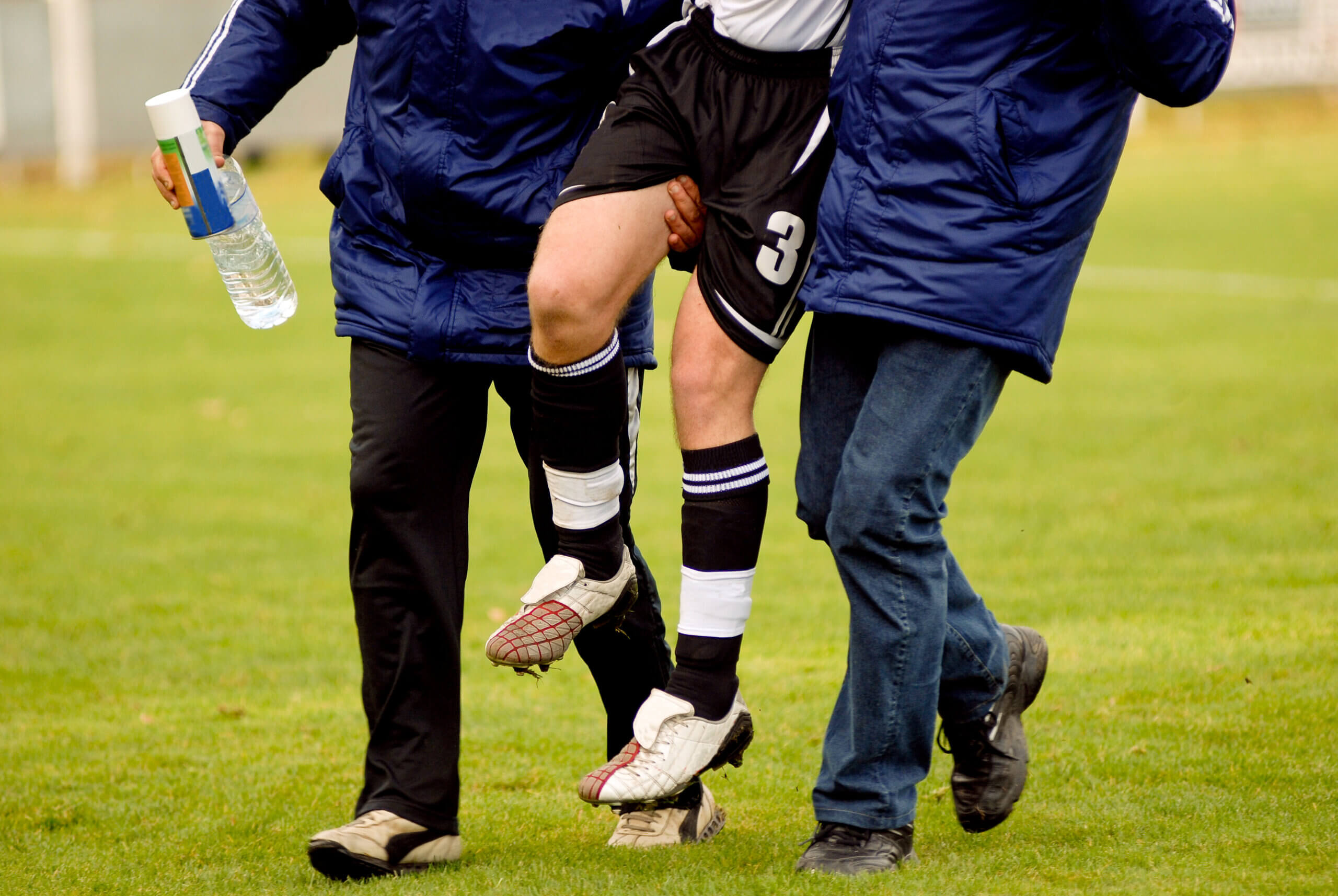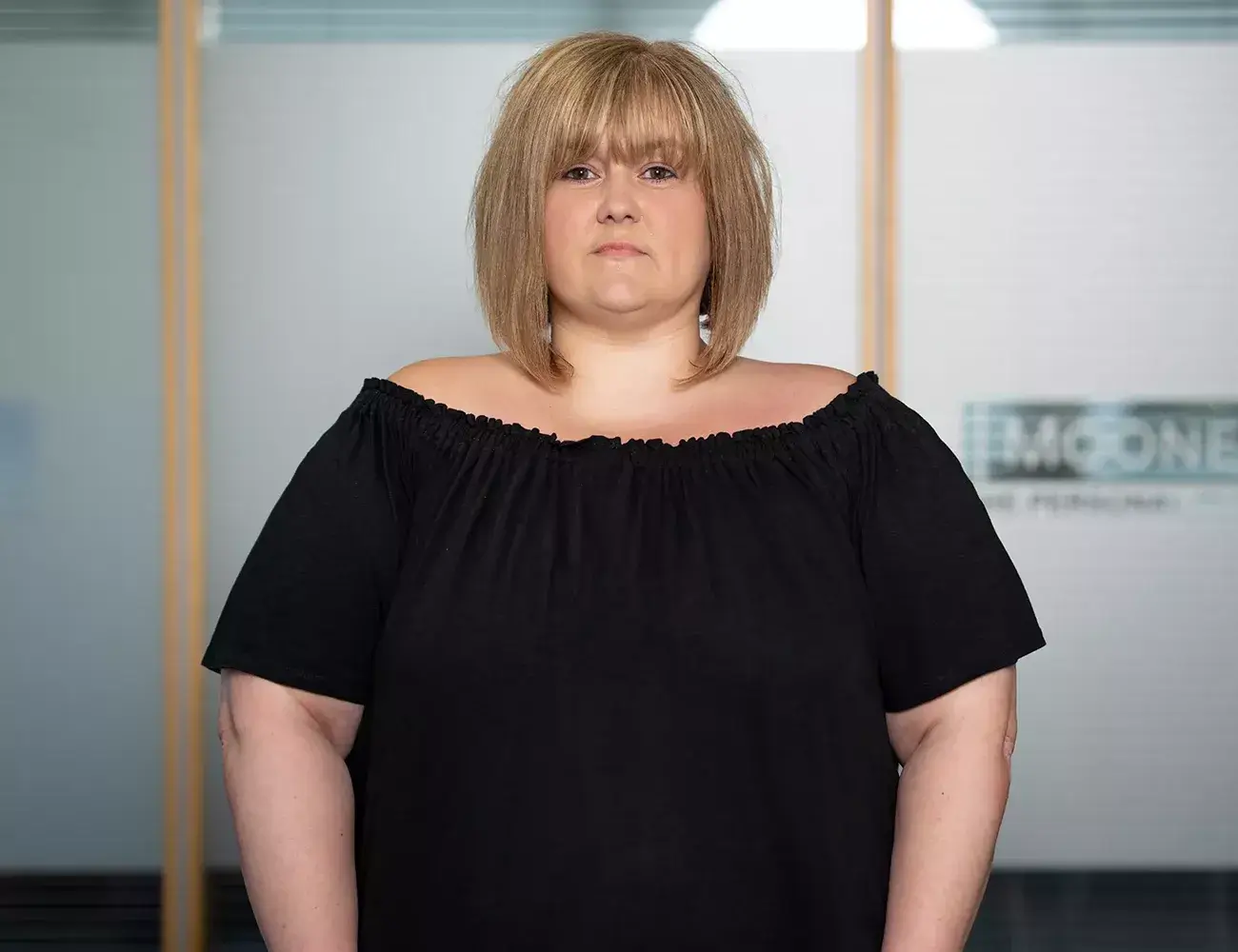Sports Personal Injury Claims
Sports injuries are common among athletes and sports enthusiasts. Usually, these types of injuries are part and parcel of playing sports.
If you pursue an active sport or another form of exercise, you’ll likely get injured at some point. Even running can cause pulled muscles or sprained ankles. Similarly, perfectly fair football or rugby tackles can lead to injury, and no one is to blame.
Some sports injuries, though, are caused by other people’s negligence (carelessness). If you sustain an injury as a result of the negligence of another person, you may be able to make a No Win No Fee sports personal injury claim against them.
This article provides the information you need to consider before making a sports injury claim in Wales or England.
What is Sports Injury Law, and How Does it Apply to Personal Injury Claims?
Sports injury law is an area of legal practice focusing on injuries sustained while participating in sports or recreational activities.
In the broader sense, sports injury law includes cases of personal injury that spectators might suffer while attending a sporting event or by sportspersons travelling to or from an event.
Personal injury claims arising from sports injuries are governed by the same laws and legal principles as other personal injury claims. Therefore, sports injury claims will generally come under one of the following headings:
- Accidents in public places – Examples of this kind of sports injury claim include gym accident claims, accidents in sports centres, injuries due to an accident whilst participating in sports at school, and injuries sustained whilst playing sports at a football, rugby, cricket or other sports club.
- Employers liability claims – Claims of this nature include injuries sustained due to the negligence of coaches or instructors in giving poor advice, instruction, or training or failure to take the necessary safety precautions. They may occur in a professional sports environment or when a gym, sports centre, horse riding school or ski resort employ coaches or instructors.
- Clinical negligence may happen when you receive negligent treatment for an injury sustained while participating in a sport. Alternatively, you may have been the victim of a misdiagnosis of an injury resulting in the wrong type of treatment or if a medical professional wholly missed the diagnosis of an injury when he ought not to have.
- Defective product liability claims include sports injury caused by faulty gym equipment or riding gear at a horse riding school.
- Road traffic accident claims – horse riders injured by a negligent motorist, sports team members who get hurt when the coach or minibus they are travelling in is involved in a motor vehicle accident on the way to or from a sports event.
It’s worth adding that for many people reading this page, the phrase’ sports injury claims’ may instantly bring to mind injuries caused by a bad tackle in rugby, football or hockey.
To succeed in injury claims resulting from a bad tackle by one player on another, you must prove that the person who made the tackle was reckless.
They are complex claims to prove, but if you have suffered a serious injury due to a poor tackle, this should not put you off seeking expert legal advice from an experienced firm of personal injury solicitors such as Mooneerams.
Injuries Sustained due to Poorly Maintained Sports Facilities
You may be entitled to compensation if you have suffered an injury due to poorly maintained sports facilities. This can include injuries sustained on playing fields, in gyms, or swimming pools. To make a claim, you must provide evidence that the facilities were unsafe and that the other party was negligent in maintaining them.
Types of Sports Injuries
As already demonstrated, sports accidents happen in a wide range of circumstances. For that reason, the types of injuries suffered are equally diverse. The types of injury sustained in contact sports may differ entirely from those caused in horse riding, skiing, or gym accidents. Then again, the same kind of injury may be common in many sports accidents. The list below is, therefore, not exhaustive:
- Sprains and strains
- Bruising and soft tissue injuries
- Broken bones
- Dislocation
- Ligament damage
- Nerve injury
- Spine injury
- Head injury
- Brain injury
- Tennis elbow
- Runner’s knee
Understanding Medical Treatment for Sports Injuries
If you have suffered a sports injury, seeking medical attention as soon as possible is essential. A medical professional can diagnose the extent of your injury and provide you with the appropriate treatment. Treatment options may include rest, physiotherapy, medication, or surgery.
You must follow the medical professional’s advice. Make sure to attend all the necessary appointments you are given to ensure that you recover fully from your injury.
The Duty of Care and Somebody Else’s Negligence in Sports Injury Claims
The duty of care is a legal obligation to take reasonable care to avoid causing harm to others.
To bring a successful sports injury claim, you must prove:
- The person or institution you hold responsible for the accident owed you a duty of care
- That they were in breach of their duty of care to you (i.e. they were negligent)
- You suffered harm (injury) as a result of their breach of duty
- The harm (injury) you suffered was reasonably foreseeable.
If you consult with an experienced sports injury solicitor after suffering a sports injury you believe was caused by someone else’s negligence, they will guide you through the process of proving whether you have a valid injury claim.
Time Limits for Making a Sports Injury Compensation Claim
There are time limits for making a sports injury compensation claim in the UK. In most cases, you have three years from the date of the injury to make a claim. However, there are exceptions to this rule, such as if you were under 18 at the time of the injury.
If your sports injury claim results from negligent medical treatment, the three-year period (limitation period) for bringing a claim starts when you discover that the injury you are suffering from was caused by the negligent treatment you received from a medical professional.
It is important to seek legal advice as soon as possible after your injury to ensure that you understand when the limitation period started so you do not miss any important deadlines.
How to Claim Compensation for Your Sports Injury on a Win No Fee Basis
Many personal injury solicitors offer a “no win no fee” service, meaning you will only pay legal fees if your claim is successful. This type of arrangement can provide you with peace of mind and enable you to pursue a claim without worrying about financial risks.
To bring a claim on a No Win No Fee basis, you must provide evidence of your injury and the other party’s negligence.
Compensation for Pain and Suffering Caused by Your Injuries
Compensation, or general damages, is awarded for pain and suffering if your sports injury claim is successful. This type of compensation is intended to compensate you for your physical and, where applicable, psychological injuries.
The amount of compensation awarded will depend on the severity of your injuries and how they have affected your life.
You can also claim for pure monetary losses incurred, and these are known as special damages. Types of special damages include loss of earnings, medical bills, therapy costs, specialist medical appointments and in severe injury cases, adaptations to your home and ongoing care costs.
The Role of Personal Injury Solicitors in Sports Injury Claims
Personal injury solicitors can provide valuable assistance in sports injury claims. As already stated, sports injury claims can be complex matters to pursue. However, an experienced sports injury lawyer will:
- help you gather evidence,
- deal with all the procedures involved in making a claim
- negotiate with the other party, and
- provide you with legal representation in court if necessary.
They can also advise on the strength of your claim and the amount of compensation you may be entitled to.
Litigation Friends and Sports Injury Claims
If you are under 18 or lack the mental capacity to make a claim, you may need a litigation friend to act on your behalf. A litigation friend is a person who can make decisions for you and manage your legal affairs. This person can be a parent, guardian, family member, or professional advocate.
Conclusion and Final Thoughts
- You may be entitled to compensation if you have suffered a sports injury.
- It is essential to seek legal advice and gather evidence to support your claim as soon as possible.
- Remember to follow your medical professional’s advice and attend all necessary appointments to ensure a full recovery.
- A personal injury solicitor can provide valuable assistance and help you navigate the complex legal process.
If you have suffered an injury in a sports accident, call Mooneerams Solicitors on 029 2048 3615 for a free, confidential and no-obligation discussion with someone from our personal injury team. We are an award-winning firm of specialist personal injury solicitors, and we only handle personal injury claims.






















